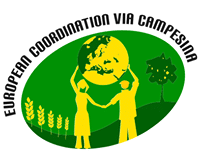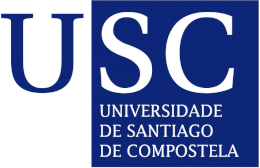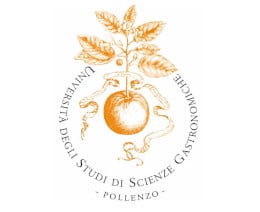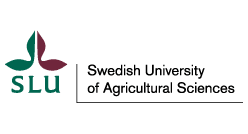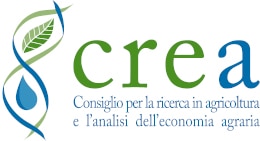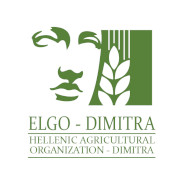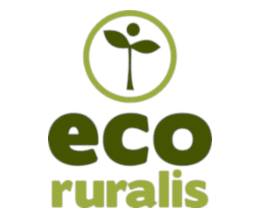Ambitious and innovative, Coventry University is known for delivering research that tackles a number of global challenges. Over 500 world-renowned experts, from professors and directors to research associates, work alongside a thriving community of 800 doctoral candidates within the University’s 16 challenge-led, interdisciplinary research centres.
One of these is the Centre for Agroecology, Water & Resilience (CAWR). This Centre drives innovative, transdisciplinary research on the understanding and development of resilient food and water systems internationally.
Through its focus on food and water, CAWR’s research develops and integrates new knowledge in social, agroecological, hydrological and environmental processes, as well as the pivotal role that communities play in developing resilience.
Unique to this Centre is the incorporation of citizen-generated knowledge – the participation of farmers, water users and other citizens in transdisciplinary research, using holistic approaches which cross many disciplinary boundaries. CAWR also aims to advance resilience science through creative work on a new generation of key issues linked to the governance of food systems, hydrological change, urban water, river processes, water quality and emerging pollutants.
‘
The overall aim is to develop a framework for a European network of agroecological living labs (LL), research infrastructure (RI), and learning spaces for future farmers and civil society actors.
One of the research’s most fascinating aspects is to analyse policy frameworks and shape the future ‘agroecology and green recovery’ policies in the UK and EU.Prof. Ulrich Schmutz
In AE4EU, CAWR is leading on identifying and understanding funding for agroecology. This work package looks at both private and public funding channels, for research and practice, whether there has been an increase in funding over time and with a view of finding good practice examples as well as identifying limitations, bottlenecks and challenges to existing schemes.
The result (we hope) will be the creation of more small-scale funding opportunities with simplified application procedures, so that farmers at all scales are funded with results-based payments for agroecological innovations.
Author: Coventry University.

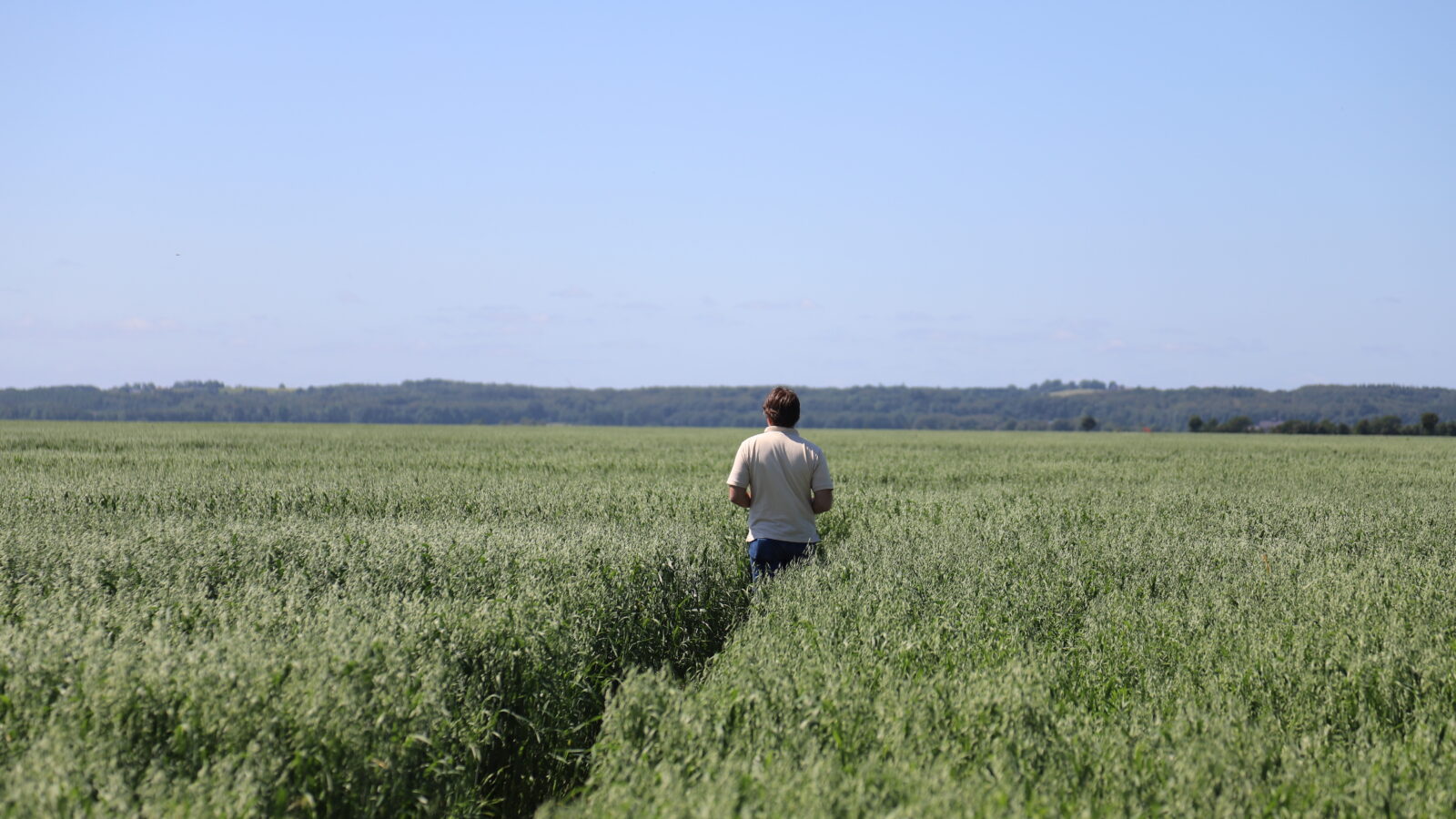
 The development of the SRIA for the AELLRI partnership
The development of the SRIA for the AELLRI partnership



